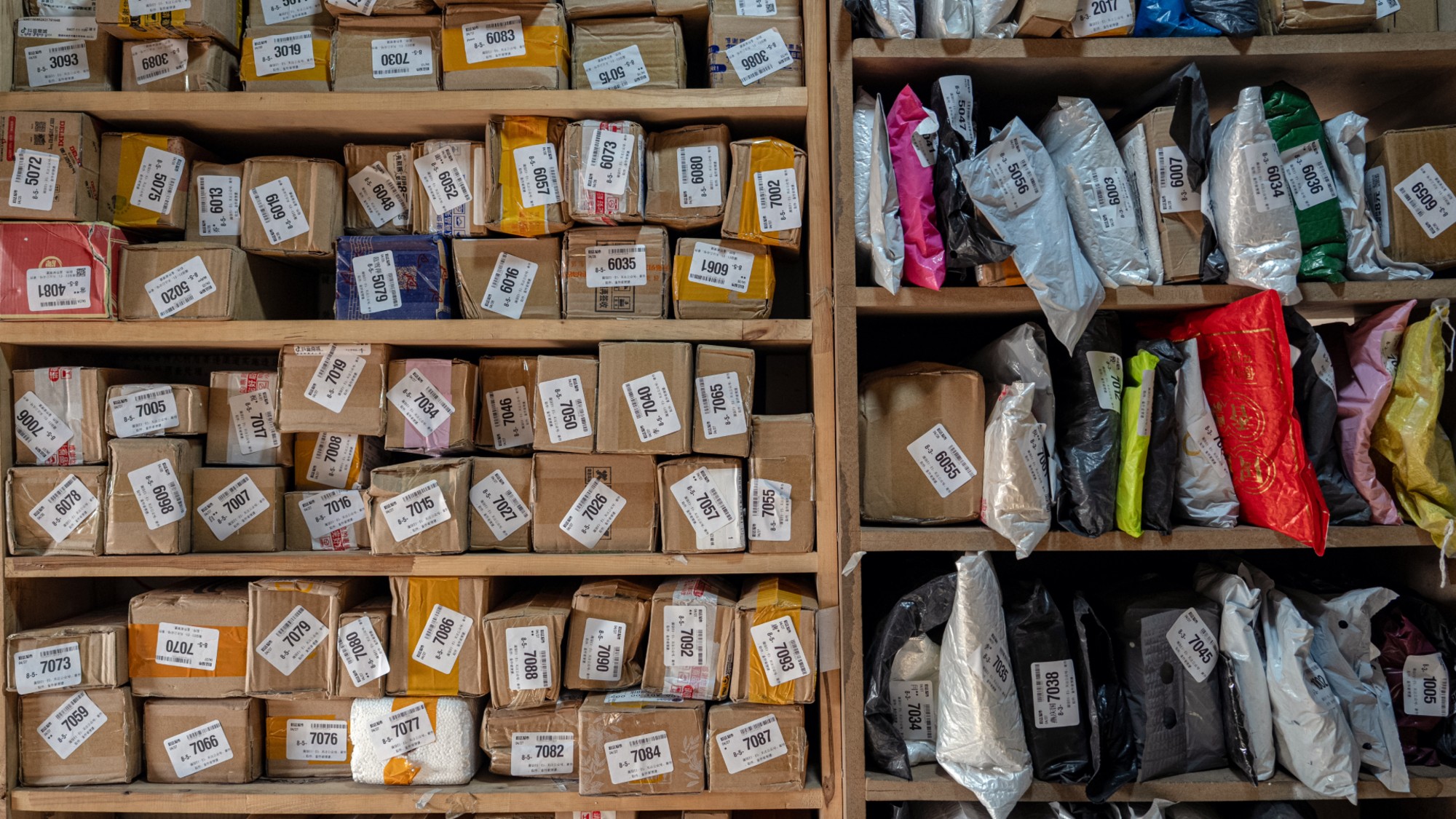Why are global postal services cutting off package delivery to the US?
'Uncertainty' around Trump's new tariff rules halts small-dollar imports


A free daily email with the biggest news stories of the day – and the best features from TheWeek.com
You are now subscribed
Your newsletter sign-up was successful
Waiting for a small package from overseas? You might not get it, at least anytime soon. A growing number of postal services and shippers around the world are cutting off deliveries to the United States, citing President Donald Trump's new tariff rules.
The interruption of deliveries is "threatening the flow of hundreds of millions of packages a year," said Axios. That's because Trump in July revoked the so-called "de minimis" exemption that had long blocked tariffs from being applied to packages valued at $800 or less. That exemption fueled a lot of e-commerce from China-based companies like Shein and Temu. Now, postal authorities and private shipping companies in the United Kingdom, France, Germany, India, Japan and a host of other countries are putting at least a temporary stop to American deliveries, "citing uncertainty about the new rules."
What did the commentators say?
Critics of de minimis say the exemption has made it too easy to let "drugs and unwanted goods" enter the United States, said The Hill. But the suspension of the rule "will likely impact the global economy significantly." Research suggests dropping de minimis "could result in costs of $11 billion to $13 billion for American consumers." For now, "more countries will likely continue to cease certain shipments" to America rather than deal with the headache.
The Week
Escape your echo chamber. Get the facts behind the news, plus analysis from multiple perspectives.

Sign up for The Week's Free Newsletters
From our morning news briefing to a weekly Good News Newsletter, get the best of The Week delivered directly to your inbox.
From our morning news briefing to a weekly Good News Newsletter, get the best of The Week delivered directly to your inbox.
"Ding-dong, de minimis is dead," said George E. Bogden, a former trade official in the Trump administration, at The New York Times. Changes to the rule had raised the threshold from $5 in 1978 to $800 in 2015. That allowed overseas exporters to "flood the U.S. market" with packages "without adequate inspection," with the result that "American industries were gutted." Trump's order revoking the rule "infuriated de minimis defenders," but it reasserted the principle that "all goods must face the full scrutiny, and the full weight, of U.S. law."
"Trump's trade war has come to your Etsy shopping cart," said Ryan Teague Beckwith at MSNBC. The de minimis exemption was created in the late 1930s, as the country "shook off the tariff hangover" from a trade war that "prolonged the Great Depression." The $800 exemption is "pretty high" and gave a boost that retailers like Shein "didn't really need." The sudden cutoff will have a dramatic impact, however. A "normal president" would be trying to "avoid needlessly harming" small businesses and U.S. consumers, but "Trump doesn't seem particularly concerned."
What next?
Small businesses are "scrambling" to make new arrangements, said CNN. Depending on the country of origin, previously exempt packages coming into America will face at least an $80 charge, or as much as $200 for countries with a tariff rate of 25% or more. Some foreign exporters have decided to stop shipping to the U.S. for now, regardless of whether their postal services will carry the shipment. "Clearly this is not something we want to do," said Wool Warehouse, a U.K.-based yarn and crafting company. The de minimis exemption formally ends on Friday.
A free daily email with the biggest news stories of the day – and the best features from TheWeek.com
Joel Mathis is a writer with 30 years of newspaper and online journalism experience. His work also regularly appears in National Geographic and The Kansas City Star. His awards include best online commentary at the Online News Association and (twice) at the City and Regional Magazine Association.
